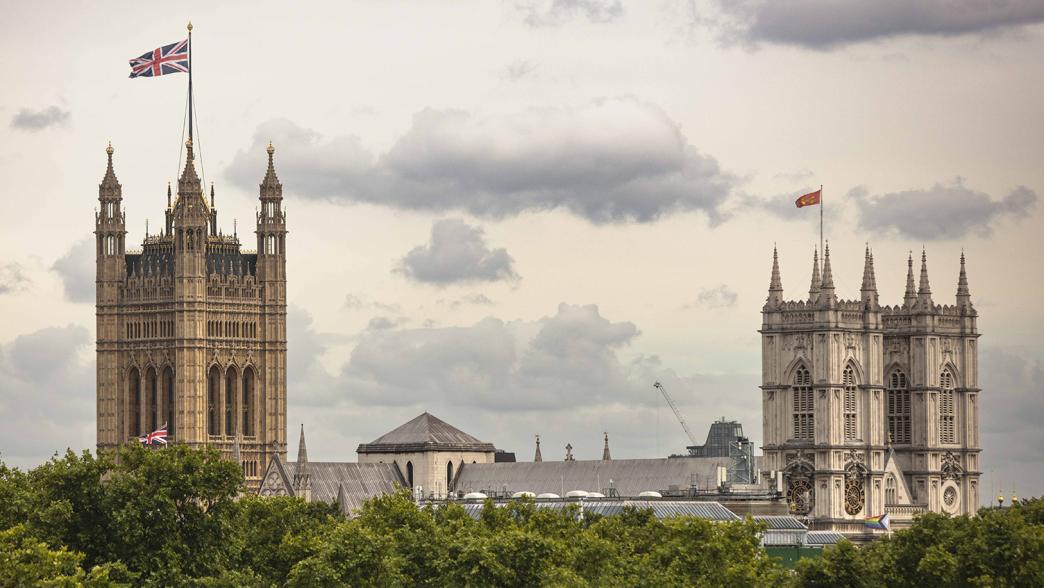The legislative process: How to empower parliament
Government should give parliament proper power to scrutinise legislation.

This Institute for Government/Bennett Institute report calls on the government to empower parliament and allow it to properly scrutinise legislation, provide a check on executive action and maintain balance in the UK constitution.
Endorsed by Baroness Angela Smith and Sir David Lidington, it sets out steps to reverse the gradual erosion of parliament’s powers – accelerated by Brexit and the Covid pandemic – which has undermined its role and means laws can be easily passed without their impact on people and businesses being properly tested.
Existing arrangements for parliamentary scrutiny are unhelpfully opaque, lack input from experts both inside in outside parliament, and involve too little interchange between the executive and parliament. MPs lack the time, resources and opportunities to properly scrutinise important bills: despite eight parliamentary committee reports since 1997 recommending that pre-legislative scrutiny should be a key part of the process, the government rarely uses it. Meanwhile highly partisan public bill committees result in low-quality debate, lack cross-party working or the involvement of MPs from relevant select committees and too often turn to “usual suspect” witnesses.
New analysis of parliament scrutiny shows:
- MPs spend less time debating legislation in the chamber than 20 years ago: on average MPs just a quarter (24%) of their time in the chamber 2006-21 debating bills, compared to Peers who spend 44%
- Only one in 10 (11.6%) government bills passed by parliament received pre-legislative scrutiny
- Only 27% of bills were subject to at least one oral evidence session in the last five parliamentary sessions
- While allowing greater scrutiny of bills means accepting more delays and challenge, the report says it is in the government’s interests to ensure legislation is of as high a quality as possible and has greater legitimacy by involving parliament.
The report’s recommendations include:
- A requirement on the government to publish all bills in draft form (with a waiver for urgent or emergency legislation) with a ‘menu’ of options for pre-legislative scrutiny to allow flexibility within the process and prevent adding significant additional time to a bill’s timetable in all cases
- Giving Commons select committees the opportunity to request pre-legislative scrutiny on any bills in their departmental remit
- Allowing select committees to request a ‘select committee’ stage on all government bills, so creating the opportunity to take evidence and set out its view on the bill.
- The House of Commons Commission should review of the resources available for members to support legislative scrutiny, including expert policy and legal resources.
- Legislature
- House of Commons House of Lords
- Publisher
- Institute for Government